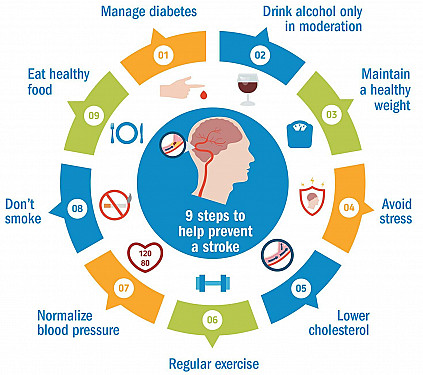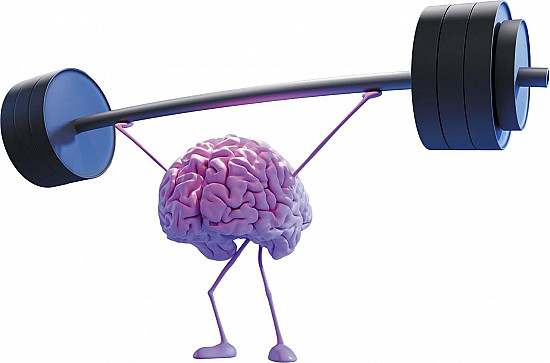Exercise appears to lower atrial fibrillation and stroke risk
For years, doctors have debated whether exercise might help lower the risk for atrial fibrillation (afib), a common and potentially dangerous irregular heartbeat (see "What is atrial fibrillation?"). Some evidence has suggested a benefit, but the link has been unclear. "It’s come from self-reported information from study participants, which isn’t an exact science," says Dr. Steven Lubitz, an electrophysiologist at Harvard-affiliated Massachusetts General Hospital.
To continue reading this article, you must log in.
Subscribe to Harvard Health Online Plus (HHO+) to unlock expert-backed health insights, personalized tools, and exclusive resources to feel your best every day.
Here’s what you get with your HHO+ membership:
- Unlimited access to all Harvard Health Online content
- 4 expertly curated newsletters delivered monthly
- Customized website experience aligned to your health goals
- In-depth health guides on topics like sleep, exercise, and more
- Interactive features like videos and quizzes
- Members-only access to exclusive articles and resources
I’d like to subscribe to HHO+ for $4.99/month to access expert-backed content to help make smart, informed decisions about my well-being.
Sign Me UpAlready a member? Login ».
About the Author

Heidi Godman, Managing Director
Disclaimer:
As a service to our readers, Harvard Health Publishing provides access to our library of archived content. Please note the date of last review or update on all articles.
No content on this site, regardless of date, should ever be used as a substitute for direct medical advice from your doctor or other qualified clinician.
















